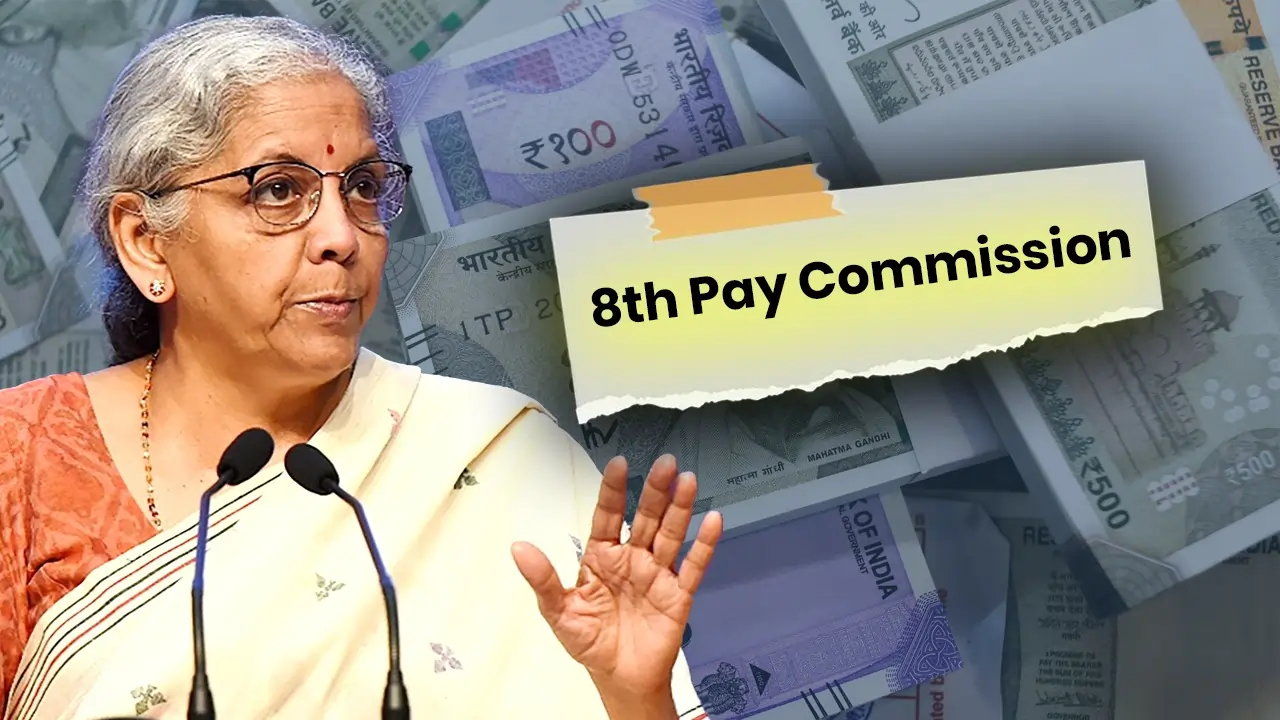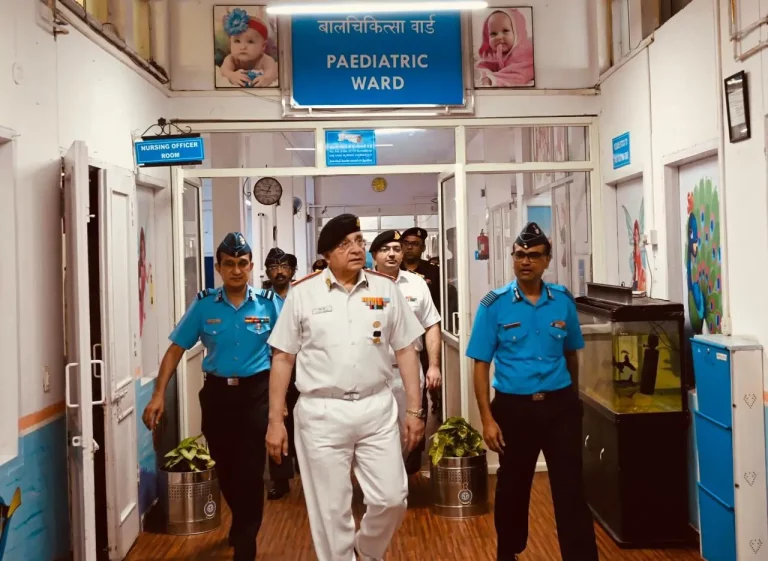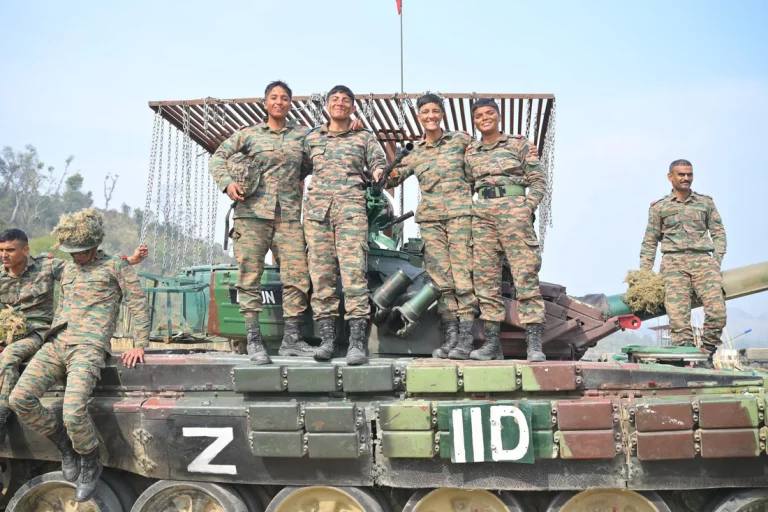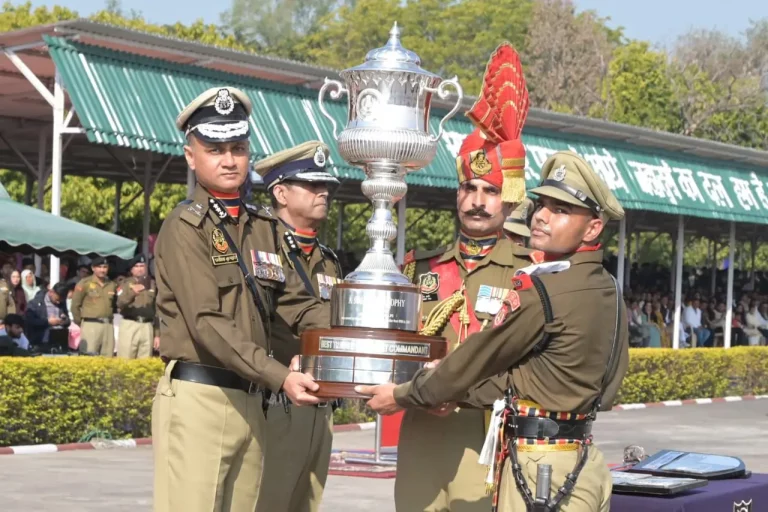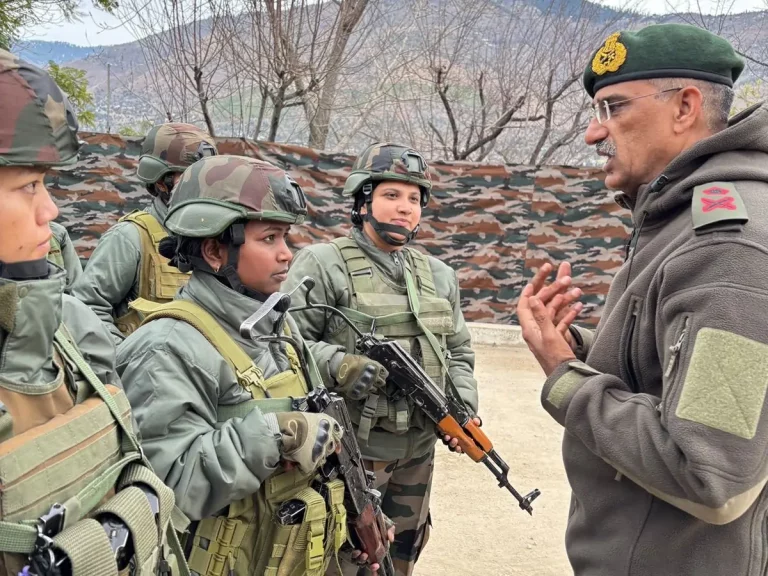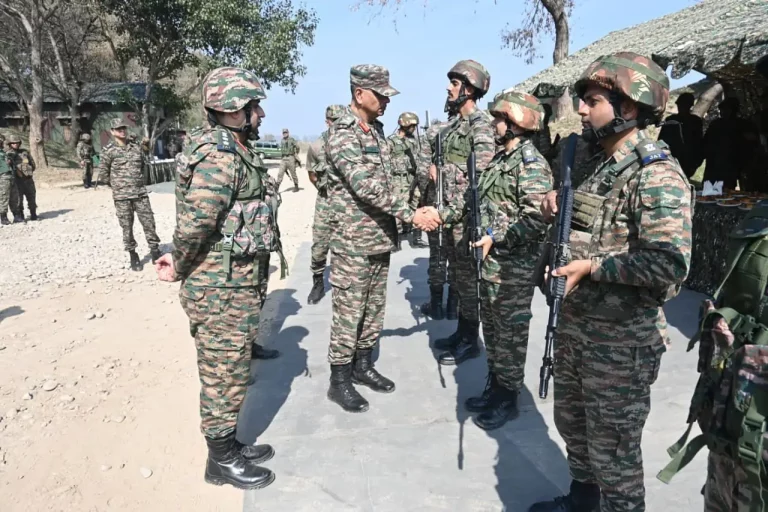The Union Cabinet, led by Prime Minister Narendra Modi, has officially ratified the Terms of Reference for the 8th Central Pay Commission, a move that could reshape the compensation landscape for central government employees. This decision, made on October 28, 2025, signifies an important advancement in the ongoing efforts to update salary structures and benefits for those serving the central government.
The establishment of the 8th Pay Commission was initially announced in January 2025, following extensive consultations with various ministries, state governments, and other stakeholders. This commission will focus on recommending adjustments not only to salaries but also to allowances and pensions, with the implementation of these recommendations expected to commence on January 1, 2026.
Justice Ranjana Prakash Desai, a former Supreme Court judge, has been appointed as the chairperson of the commission. With a wealth of judicial experience, Justice Desai is poised to bring valuable insights to the committee. The commission will consist of one chairperson, one part-time member, and one member-secretary, ensuring a balanced and comprehensive evaluation of the pay structure.
The commission has been given a timeframe of 18 months to submit its final report, although it may provide interim submissions as necessary for any urgent issues that arise.
The Terms of Reference outline several critical considerations for the commission. It must take into account the prevailing economic conditions and fiscal prudence, ensuring that resources are properly allocated for development and welfare. Factors such as non-contributory pension schemes, their financial implications on state budgets, and comparisons with salary structures in both central public sector undertakings and the private sector will also be integral to their recommendations. This structured approach aims to yield sustainable and strategically aligned outcomes in line with national priorities.
Approximately 50 lakh central government employees, including individuals in defense services, as well as nearly 69 lakh pensioners, stand to benefit from the proposed revisions. The adjustments will cover various components of employee compensation, including basic pay, dearness allowance (DA), house rent allowance (HRA), and additional benefits. The revisions come in response to ongoing demands from employee unions for regular updates to compensation in light of rising living costs. Notably, the previous 7th Pay Commission, which took effect in 2016, implemented a fitment factor of 2.57, resulting in significant pay increases; similar, if not more substantial, enhancements are anticipated from this upcoming review.
Although official salary slabs are yet to be determined, speculation suggests that some employees could see monthly salary increases of up to ₹19,000, based on a projected fitment factor of between 1.83 and 2.46. Financial platforms are already providing online tools that allow employees to estimate their revised salaries. These tools work by multiplying the current basic pay by the designated fitment factor to calculate the new basic pay. The DA will be integrated into this new pay, with the HRA recalculated based on the revised amount—30% for those in metro areas, 20% for Tier-2 cities, and 10% for Tier-3 locales. For illustration, an employee currently earning a basic pay of ₹100,000 in a metro city could see a gross salary rise to around ₹290,000 under a 2.6 fitment factor, including standard allowances.
The formal approval of the 8th Central Pay Commission concludes a period of eager anticipation among central government personnel and lays the groundwork for more equitable compensation reforms within India’s public sector.
